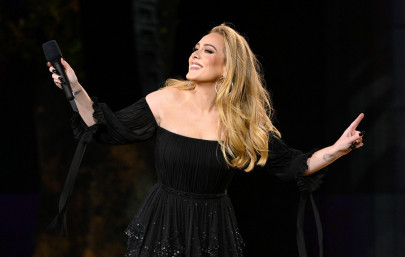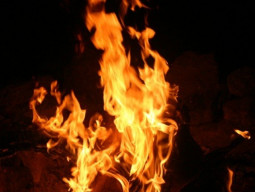
The Forum for Secular Pakistan had organised the event at PMA House to discuss how to tackle intolerance, which it believes is spreading far and wide in the society.
Pakistan Study Centre’s chairperson, Dr Jaffar Ahmed, said that different sects are isolated from one another and are therefore becoming increasingly intolerant. He cited the example of a recent seminar in Islamabad in which clerics of different sects admitted that they rarely invited students or teachers of other schools of thought to their respective madaris.
“The Ahle Hadith cleric replied in the negative when asked if Barelvis were studying in their madaris. The other sect gave a similar response.” He added that some people are taught to look down on others belonging to different faiths. “We have stopped looking at reality and believe on what is being fed to us.” To emphasise this point, he cited myriad conspiracy theories that surfaced after Malala Yousufzai was attacked.
Dr Ahmed said that after Pakistan’s independence, some religious scholars advocated the marriage of religion and politics. “If secularism had been adopted, the clerics would have been separated from society. People blame the country’s ex-president, Ziaul Haq, for extremism, but a lot had been done before him,” he said. “There is a crisis of governance today - this city has 20 million weapons. This used to be the total number of weapons in the world at one point in time.”
Professor Shaista Zaidi said that it is not only extremism in religion, but extremism in attitudes which has permeated society. She said that during independence, all Muslims were united, no one asked each other about their sects. Today, however, the situation is the opposite.
“People have stopped asking questions, even about their religion. Though the Holy Quran tells people to ask questions and use their intelligence, there are a couple of sects which discourage this.” She said that the mindset which discourages tolerance as well as the ability to argue and question should be changed. She also called for a need to monitor the activities of madaris and make their governance transparent.
Renowned classical dance artist, Sheema Kirmani said, “People should be told that the blasphemy laws are man-made laws.” They can be revised and modified, she added.
The president of the forum, lawyer and human rights activist, Iqbal Haider, said, “Some religious parties are earning money and spreading terror under the guise of jihad. Islam should be separated from the state so that people don’t misuse its name.”
Published in The Express Tribune, November 3rd, 2012.
COMMENTS (6)
Comments are moderated and generally will be posted if they are on-topic and not abusive.
For more information, please see our Comments FAQ

1725783822-0/Tribune-Pic-(15)1725783822-0-165x106.webp)















@nomi: "They still dont get it.
During Zia, extremism was patronized blatantly and officially. "
And what was Operation searchlight -unofficial massacre? What was the 1974 law declaring Ahmadis as non-Muslims? Unofficial? What was the 1949 change making the country Islamic Republic of Pakistan thereby making 20% of the then citiznes as second class citizens? Unofficial?
"Dr Ahmed said that after Pakistan’s independence, some religious scholars advocated the marriage of religion and politics." Sir if I may disagree with the above quoted statement. The truth of the matter is it was the Muslim League itself that married or mixed the religion with politics to begin with to achieve their goal. The second political mistake for achieving short term goals was the Objectives Resolution passed on 12th of March 1949 the rest is history. Laying the whole blame on General Ziaul Haq for creating extremism is completely wrong.
True, extremism was there before Zia but Nationalised it for his own political benefit. He is the founder of the ugly face of todays Jihadis.
Zia gave them teeth to bite!
Extremists were never armed and trained under previous regimes, that is what Zia did.
They still dont get it.
During Zia, extremism was patronized blatantly and officially.